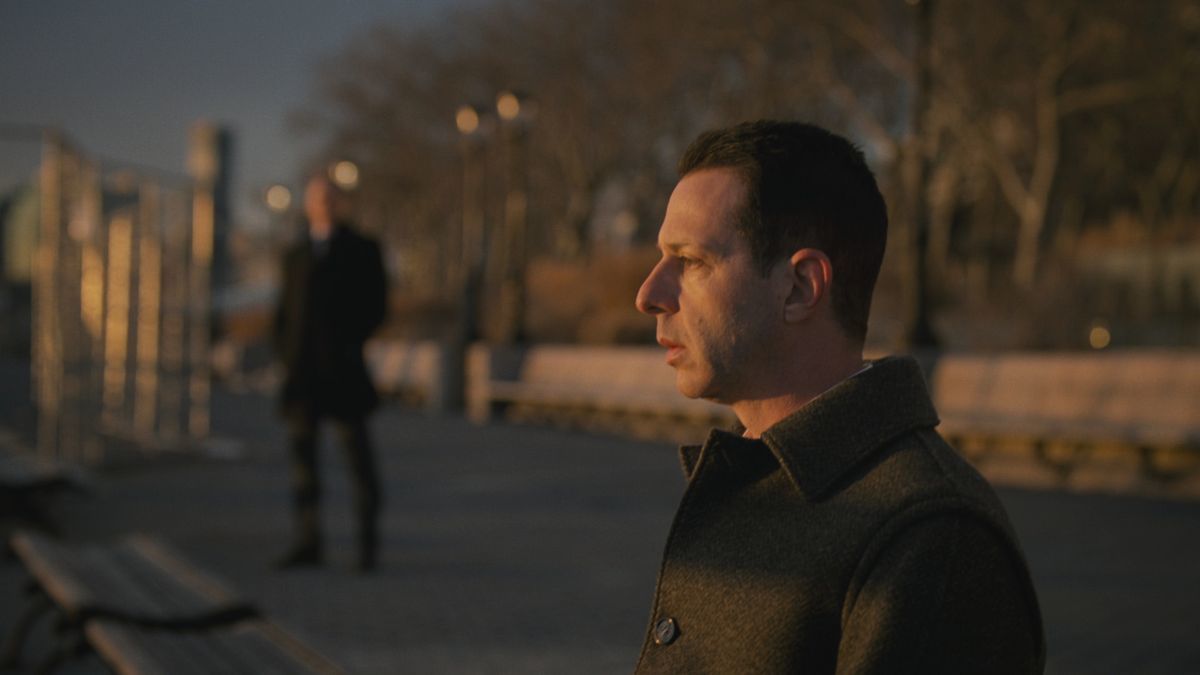
NOTE: This article is a republication- Source: Vanity Fair (by Joy Press).
Way back when the streaming wars began—about 10 years ago, give or take—Netflix forged a template by focusing on original programming that would cut through the white noise of peak TV. Back then, the streamer seemed determined to steal the prestige crown from HBO, which had boosted television’s reputation as the 21st century’s great storytelling medium more than any other platform. In the years since, HBO and Netflix have been television’s top Emmy competitors, with Hulu, Apple TV+, Disney+, and Amazon Prime scrambling behind them. But as streaming platforms have grown more established, some of them (I’m looking at you, Netflix) have apparently changed their focus from quality to quantity, gushing forth a Niagara of content.
If you’re like me, you’ve responded to this glut of television as if it were a bag of Doritos—a treat to be mindlessly binged. After devouring a series, I often completely forget about its existence—at least, until the new season drops. Though this system ensures constant entertainment, it also makes it hard to have deep conversations about any of the series we’re watching—by a watercooler or otherwise—since our friends and acquaintances are often discovering and watching them on an entirely different schedule, if we wind up watching the same things at all.
It’s tough for even the gaudiest shows to grab our attention in this chaotic landscape—let alone a quiet, complicated series with no marquee names like Succession. I remember seeing Succession billboards looming over the Sunset Strip before the show’s premiere—a bunch of pasty-faced, captains-of-industry dickheads (plus Shiv)—and thinking, why do I need to spend time on this? I was tempted to stop watching after episode two, alienated by the show’s deadpan tone and odd pacing. “It had a very ugly energy to it,” is how Succession’s Matthew Macfadyen described the pilot. “Like: Am I allowed to laugh?”
You can read the full article here